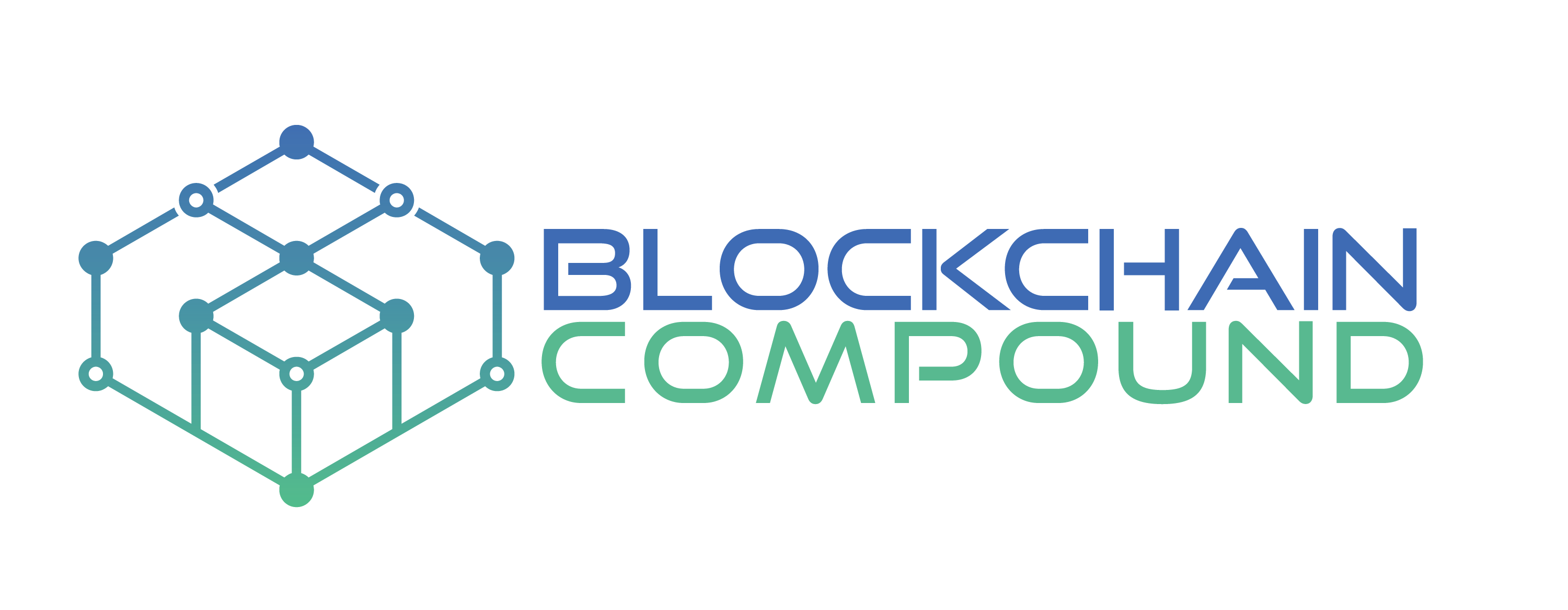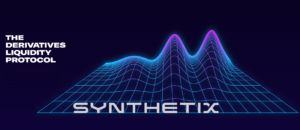The rise of blockchain technology is creating a new generation of developers who specialize in building decentralized applications (DApps) and other blockchain-based solutions.
Blockchain technology is a complex and rapidly evolving field that requires specialized skills and knowledge. As a result, many developers are now focusing on learning blockchain-related skills such as smart contract development, distributed systems, cryptography, and decentralized consensus algorithms.
In addition, blockchain technology is still relatively new, and there are many challenges and opportunities in the space. This has led to the creation of various developer communities, hackathons, and other events focused on blockchain development.
The emergence of blockchain technology has also led to the development of new programming languages, tools, and frameworks specifically designed for building DApps and other blockchain-based solutions. For example, Solidity is a programming language used to write smart contracts on the Ethereum blockchain, and there are many other similar tools available for other blockchain platforms.
Blockchain technology has created a new industry that requires specialized skills and knowledge, leading to the emergence of blockchain developers who design, build, and maintain blockchain-based systems. With the increasing demand for blockchain-based solutions, the need for blockchain developers is also on the rise. In this article, we’ll explore the world of blockchain developers, how to hire them, and how to become one.
What is a blockchain developer?
A blockchain developer is a specialized programmer who designs, develops, and maintains blockchain-based systems. They use programming languages such as Solidity, Java, Python, and C++ to create smart contracts, decentralized applications (DApps), and other blockchain-based solutions. Blockchain developers also need to understand concepts such as distributed systems, cryptography, and consensus algorithms to build secure and reliable blockchain systems.
How to become a blockchain developer?
To become a blockchain developer, you need to have a background in computer science or a related field, as well as an understanding of blockchain technology. You can take online courses or attend in-person training to learn about blockchain technology, programming languages, and development tools such as Ethereum, Hyperledger, and Corda. You can also participate in hackathons or other developer communities to gain practical experience and network with other blockchain developers.
Blockchain developer course
There are many online courses and certifications available that can help you learn about blockchain development. For example, ConsenSys Academy offers a comprehensive blockchain developer course that covers topics such as Ethereum, Solidity, and web3.js. IBM also offers a blockchain developer course that covers Hyperledger Fabric and Composer. Other popular online learning platforms such as Coursera, Udemy, and edX also offer blockchain courses and certifications.
Blockchain developer jobs
As the demand for blockchain technology continues to grow, so does the demand for skilled blockchain developers. Blockchain developer jobs can be found in a wide range of industries, from finance and healthcare to supply chain management and gaming.
Many blockchain developer jobs require experience with blockchain development frameworks such as Ethereum, Hyperledger Fabric, and Corda. Developers must also have a strong understanding of smart contract programming languages like Solidity and experience with decentralized applications (dApps).
Here are 5 Blockchain developer jobs can be found in a variety of positions, such as:
- Blockchain Developer: These developers are responsible for designing, implementing, and maintaining blockchain-based solutions for companies. They must have a strong understanding of blockchain technology and programming languages such as Solidity, Java, and Python.
- Smart Contract Developer: Smart contract developers are responsible for creating and implementing smart contracts on a blockchain. They must have experience with smart contract programming languages like Solidity and a strong understanding of blockchain technology.
- Blockchain Architect: Blockchain architects are responsible for designing and implementing blockchain-based solutions. They must have a strong understanding of blockchain technology and be able to design solutions that meet specific business needs.
- Blockchain Engineer: Blockchain engineers are responsible for building and maintaining blockchain-based solutions. They must have experience with blockchain development frameworks and smart contract programming languages.
- Blockchain Consultant: Blockchain consultants provide advice and guidance to companies looking to adopt blockchain technology. They must have a strong understanding of blockchain technology and the ability to explain its benefits to non-technical stakeholders.
Blockchain developer salary
The demand for blockchain developers is expected to continue to grow in the coming years. According to the job site Indeed, the average salary for a blockchain developer in the United States is $120,000 per year, with salaries ranging from $65,000 to $195,000 per year depending on experience and location.
Hire blockchain developers
If you’re looking to hire blockchain developers, there are many ways to find them. You can post job openings on job boards such as Indeed or LinkedIn, attend blockchain events and conferences, or use freelance platforms such as Upwork or Freelancer to find blockchain developers for hire. When hiring a blockchain developer, it’s important to look for candidates with experience in blockchain development, as well as a strong understanding of programming languages and development tools such as Solidity, Ethereum, and Hyperledger.
Blockchain development tools
There are many development tools available for building blockchain-based solutions, such as Ethereum, Hyperledger, and Corda. These platforms provide developers with the tools and infrastructure needed to build and deploy blockchain-based applications. Other popular blockchain development tools include Truffle, Remix, and Ganache, which provide developers with testing frameworks, debugging tools, and other development utilities to build and test their blockchain-based applications.
In addition to these development tools, there are also many blockchain development frameworks and libraries available to make the development process easier and more efficient. These include web3.js, which is a JavaScript library that provides a simple interface for interacting with Ethereum blockchain nodes, and Web3.py, which is a Python library for interacting with Ethereum.
Blockchain development also requires knowledge of decentralized storage systems, such as InterPlanetary File System (IPFS), which is a protocol and network designed to create a peer-to-peer method of storing and sharing hypermedia in a distributed file system. Developers must understand how to use IPFS to store data on a decentralized network and how to access that data through a blockchain-based system.
Conclusion
The rise of blockchain technology is creating new opportunities and challenges for developers, and blockchain developers are in high demand. To become a blockchain developer, you need to have a background in computer science or a related field, as well as an understanding of blockchain technology and programming languages such as Solidity, Java, Python, and C++. You can also take online courses, attend training, or participate in developer communities to gain practical experience and network with other blockchain developers.
If you’re looking to hire blockchain developers, you can post job openings on job boards, attend blockchain events and conferences, or use freelance platforms to find qualified candidates. When hiring a blockchain developer, it’s important to look for candidates with experience in blockchain development, as well as a strong understanding of programming languages and development tools.
Overall, blockchain development is a rapidly evolving field, and there are many opportunities available for developers who are passionate about building decentralized applications and other blockchain-based solutions. By staying up-to-date with the latest developments and technologies, developers can help drive the adoption of blockchain and unlock its full potential.




